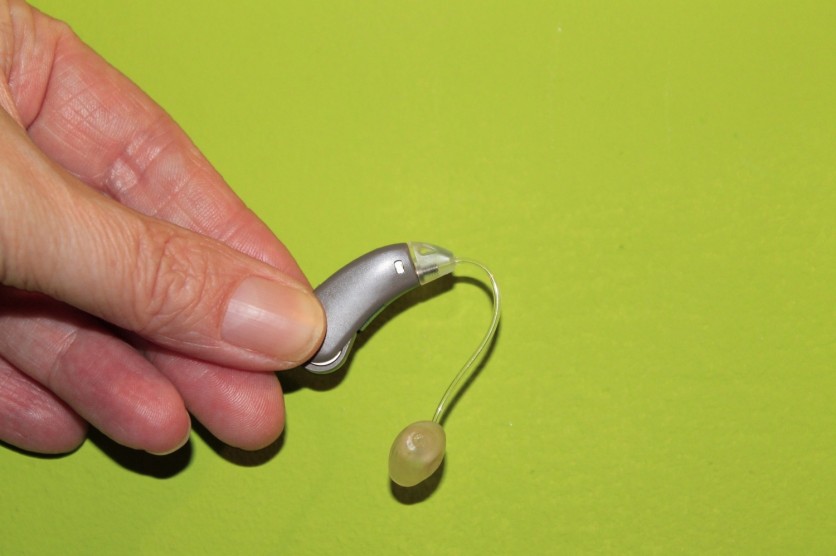Using hearing aids may help reduce the risk of developing dementia, according to a new study.
International and Australian researchers examined information from more than 400,000 participants in the UK Biobank study to conduct their research.
The study revealed that individuals experiencing hearing loss and not utilizing hearing aids have a 42% higher likelihood of developing dementia in contrast to the general population.
However, those who made use of hearing aids showed no elevated risk of dementia.

Dementia's Link to Hearing Loss
The Lancet Commission on dementia prevention, intervention, and care estimates that around 8% of worldwide dementia cases are linked to hearing loss, highlighting the importance of addressing this issue.
The report proposes that addressing hearing impairment could play a crucial role in reducing the global burden of dementia.
"The evidence is building that hearing loss may be the most impactful modifiable risk factor for dementia in mid-life, but the effectiveness of hearing aid use on reducing the risk of dementia in the real world has remained unclear," corresponding author Prof. Dongshan Zhu, Shandong University said in a statement.
"Our study provides the best evidence to date to suggest that hearing aids could be a minimally invasive, cost-effective treatment to mitigate the potential impact of hearing loss on dementia."
Data from the UK Biobank database was examined by the research team, including information on hearing loss and hearing aid use obtained through self-reported questionnaires from 437,704 participants.
The participants' average age at recruitment was 56 years, and the average follow-up time was 12 years. The study found that individuals with untreated hearing loss have a 42% higher risk of developing all-cause dementia than those with normal hearing while hearing aid users do not have an increased risk of dementia.
The researchers suggest that hearing loss may start in one's 40s, and cognitive decline before a dementia diagnosis may continue for up to 25 years, emphasizing the need for early hearing aid intervention.
Testing Other Variables
The team also investigated the influence of other variables, such as loneliness, social isolation, and symptoms of depression, on the correlation between hearing loss and dementia.
According to the study's analysis, addressing psychosocial issues would only diminish less than 8% of the connection between hearing aid usage and the reduced risk of dementia.
Therefore, the authors suggest that the majority of the relationship between hearing aid use and protection against an increased risk of dementia is likely due to the direct benefits of using hearing aids rather than indirect factors.
However, the team acknowledges limitations, such as self-reporting bias and potential reverse causation or shared mechanisms between hearing loss and dementia.
Unmeasured factors, like potential health differences between those who use hearing aids and those who do not, were also not accounted for.
Furthermore, the study's generalizability is limited due to the predominantly white UK Biobank participants and the low number of participants born deaf or who use sign language.
The study was published in the journal The Lancet Public Health.
Related Article : Study Claims Taking Vitamin D May Help Prevent Dementia






